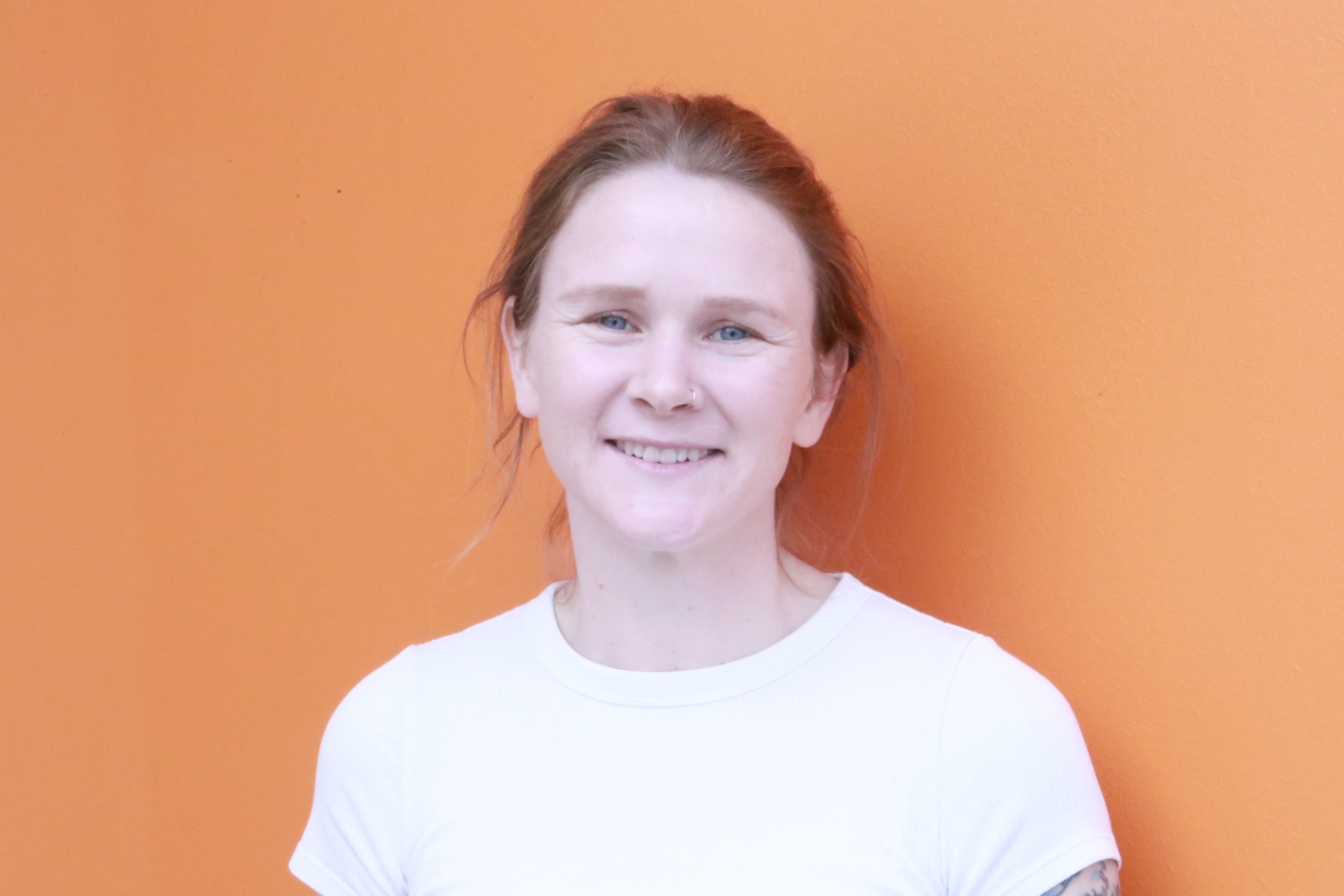In making the announcement, the Minister for Health, The Hon. Greg Hunt MP, said the funding would help Australian researchers continue to make life-changing and life-altering discoveries.
Awarded over $3 million in funding, Associate Professor Scott Ayton, Head of The Florey’s Translational Neurodegeneration Laboratory and Deputy Director of the Melbourne Dementia Research Centre, will lead research to further understand the discrete biological mechanisms of Alzheimer’s disease in which there are no preventive or disease modifying treatments available.
Associate Prof Ayton and team will aim to develop and implement novel diagnostics, test new therapeutics and trial disease modifying therapies for Alzheimer’s disease by focusing on neurodegeneration mechanisms and changes to vasculature in the brain.
“I am honoured to be awarded an NHMRC Investigator Grant to pursue two-way translational research in Alzheimer’s disease. I hope to provide novel diagnostics and drugs by taking discoveries that we make in the laboratory and test these in clinical populations, and conversely, study blood, brain images and genetics in clinical populations to inform the direction of our laboratory research,” said Associate Prof Ayton.
Also announced today, Associate Prof Ayton will lead a new $3 million Centre of Research Excellence in Enhanced Dementia Diagnosis (CREEDD) to be established at the Florey Institute. The Centre will bring together expertise from The Florey including Professors Amy Brodtmann and Ashley Bush, as well as research partners in VIC, NSW and QLD.
.jpg)
Associate Professor Scott Ayton
Awarded $600,000 in Investigator Grant funding, Dr Leigh Walker, Senior Research Officer in The Florey’s Addiction Neuroscience Laboratory, will lead a project to identify and characterise new targets for the treatment of alcohol use disorder, a major health concern with limited and inadequate treatment options.
Dr Walker will work to understand the fundamental sex differences in alcohol use disorders, with an aim to ultimately enable better translation of treatment options from preclinical to clinical models.
“Alcohol use disorders are a rising problem in the female population, yet treatment options are developed and tested primarily in males. Understanding critical differences in how male and female brains change after chronic alcohol consumption will allow us to better address sex-specific treatment options for alcohol use disorders,” said Dr Walker.

Dr Leigh Walker
The Florey thanks the Australian Government for their continued funding of medical research and support of researchers like Associate Professor Ayton and Dr Walker who work to improve the health and lives of many Australians living with neurological diseases.